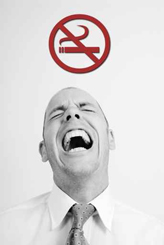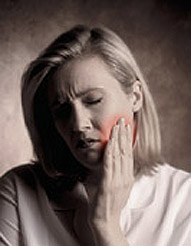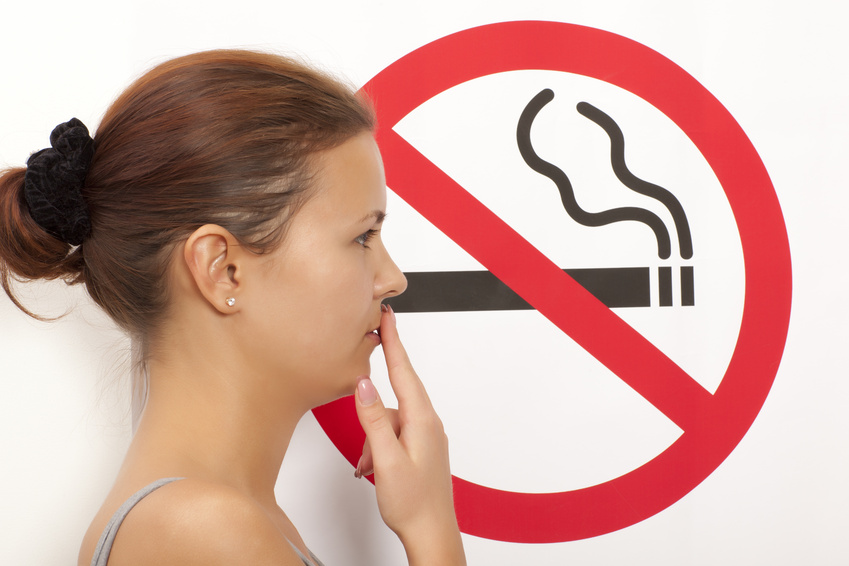As the people’s oral hygiene becomes better, generation after generation, people are going to need less dental treatments. This is a very good thing! But for those who occasionally need a small filling, or other treatment, they might apprehend the “needle” they will receive at the beginning of their appointment.
What should you expect from dental anaesthesia?
First your dentist will inject you with the anaesthetic solution. Most dentists apply a spray or gel first, to numb the area of the injection so you could feel less the needle. Each person has a different perception of pain, therefore the injection might be completely painless, or cause some discomfort or mild pain. Then when it kicks in, you will feel tingling at the numbed area.
Depending of which tooth needs to be anaesthetized, sometimes the numbing sensation can affect only that tooth, or it could be a whole section of your mouth. The neighbouring lip, tongue, cheek, or even nose can also get numb.
Today’s anaesthetics are very good, but not always efficient from one injection. If you feel pain when your dentist starts working, it is important to advise him or her. Sometimes more injections are needed.
There are different types of anaesthetic solutions. Some last a few moments, where others last several hours. The choice is made by your dentist depending on your health, and the type of treatment that is planned.
When the anaesthesia wears off, you will feel tingling and then your mouth will be normal. You might feel pain at the injection site for a few days.
Very rarely someone can have the numbing effect last a few days or a few months. This is called paresthesia. But there are no documented cases where paresthesia lasted throughout someone’s life just from the injection.
References
Nature, Articaine buccal infiltration vs lidocaine inferior dental block – a review of the literature.

 Root canals are often associated with pain. Sometimes intense pain, but that is not caused by the root canal itself, but by the infection or inflammation of the pulp (inside) of the tooth before the procedure is done.
Root canals are often associated with pain. Sometimes intense pain, but that is not caused by the root canal itself, but by the infection or inflammation of the pulp (inside) of the tooth before the procedure is done. The whole reason why a tooth undergoes a root canal procedure is to remove the nerve and not to have pain anymore. Mild pain can be felt on a tooth but only for a few weeks following the procedure. Persistent pain months after the treatment is not normal.
The whole reason why a tooth undergoes a root canal procedure is to remove the nerve and not to have pain anymore. Mild pain can be felt on a tooth but only for a few weeks following the procedure. Persistent pain months after the treatment is not normal. How can you tell that you are grinding your teeth? Bruxism is an anomaly where the person affected grinds his or her teeth. Bruxism occurs in most people, but is often light, or occasional, and does not affect someone’s health. But when tooth grinding becomes more frequent, it may initiate significant complications, leading to severe damage towards the jaws and teeth.
How can you tell that you are grinding your teeth? Bruxism is an anomaly where the person affected grinds his or her teeth. Bruxism occurs in most people, but is often light, or occasional, and does not affect someone’s health. But when tooth grinding becomes more frequent, it may initiate significant complications, leading to severe damage towards the jaws and teeth.
 Smoking is very bad for your health, and especially after your dentist has removed a tooth. Ideally, if you need to smoke, you must wait 48 to 72 hours after the surgery. If someone tells you to wait only 4 hours,
Smoking is very bad for your health, and especially after your dentist has removed a tooth. Ideally, if you need to smoke, you must wait 48 to 72 hours after the surgery. If someone tells you to wait only 4 hours,  It is such a burden to suffer from a sensitive tooth. It bothers during meals, while drinking something hot or cold, even sometimes while breathing air through the mouth.
It is such a burden to suffer from a sensitive tooth. It bothers during meals, while drinking something hot or cold, even sometimes while breathing air through the mouth. If someone suspects teeth grinding, either because the dentist noted it or the spouse complained about it, there are many ways to control it, depending on how severe the grinding is.
If someone suspects teeth grinding, either because the dentist noted it or the spouse complained about it, there are many ways to control it, depending on how severe the grinding is.